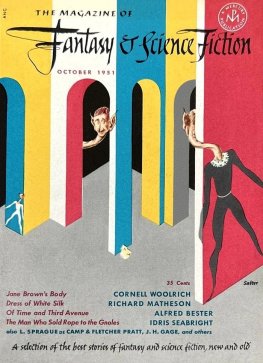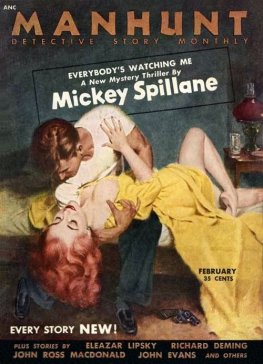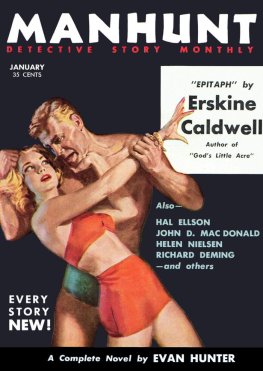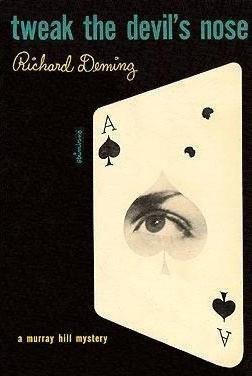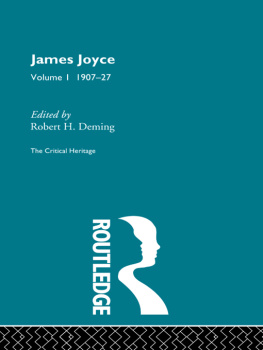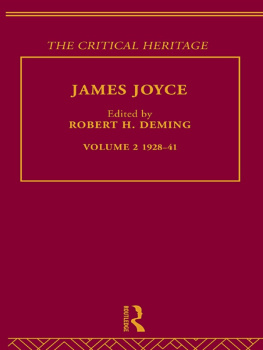W. Edwards Deming - The Essential Deming: Leadership Principles from the Father of Quality
Here you can read online W. Edwards Deming - The Essential Deming: Leadership Principles from the Father of Quality full text of the book (entire story) in english for free. Download pdf and epub, get meaning, cover and reviews about this ebook. year: 2012, publisher: McGraw Hill LLC, genre: Business. Description of the work, (preface) as well as reviews are available. Best literature library LitArk.com created for fans of good reading and offers a wide selection of genres:
Romance novel
Science fiction
Adventure
Detective
Science
History
Home and family
Prose
Art
Politics
Computer
Non-fiction
Religion
Business
Children
Humor
Choose a favorite category and find really read worthwhile books. Enjoy immersion in the world of imagination, feel the emotions of the characters or learn something new for yourself, make an fascinating discovery.

- Book:The Essential Deming: Leadership Principles from the Father of Quality
- Author:
- Publisher:McGraw Hill LLC
- Genre:
- Year:2012
- Rating:3 / 5
- Favourites:Add to favourites
- Your mark:
The Essential Deming: Leadership Principles from the Father of Quality: summary, description and annotation
We offer to read an annotation, description, summary or preface (depends on what the author of the book "The Essential Deming: Leadership Principles from the Father of Quality" wrote himself). If you haven't found the necessary information about the book — write in the comments, we will try to find it.
The name W. Edwards Deming is synonymous with the most insightful views, ideas, and commentary on management and quality control. Referred to as the high prophet of quality by the New York Times, Deming was instrumental in the spectacular rise of Japanese industry after World War II and influenced many of the worlds most innovative managers in the ensuing decades. His original ideas led directly to the creation of relationships with suppliers and a plethora of quality initiatives.
Now, with The Essential Deming, Fordham University professor and Deming expert Joyce Orsini draws on a wealth of previously unavailable material to present the legendary thinkers most important management principles in one indispensable volume.
The book is filled with articles, papers, lectures, and notes touching on a wide range of topics, but which focus on Demings overriding message: quality and operations are all about systems, not individual performance; the system has to be designed so that the worker can perform well.
The Essential Deming reveals Demings unique insight about:
Fully authorized by the Deming estate and published in cooperation with The W. Edwards Deming Institute, The Essential Deming is the first book to distill Demings lifes worth of thinking and writing into a single source. Orsini provides expert commentary throughout, delivering a powerful, practical guide to superior management. With The Essential Deming, you have the rationale, insight, and best practices you need to transform your organization.
To move from the wilderness of news into the paths of history, we must distinguish true turning points from mistaken ones. W. Edwards Deming has seen the future and it works. He is a turning point of business history made flesh. U.S. NEWS & WORLD REPORT
I engaged Dr. Deming to assist Ford in planning, developing, and implementing the plans to accomplish major improvement in the way people worked together and in the quality of our products. . . . Ford achieved major success in this effort, and I consider Ed Deming to have been a key element in our progress. DONALD E. PETERSEN, former Chairman of the Board and Chief Executive Officer, Ford Motor Company
It can be said of very few that they changed the way the world thinks, but Dr. Deming is among them. . . . The legacy of Dr. Demings genius, already immense, grows even larger with this new collection of his thoughts. DONALD M. BERWICK , Senior Fellow, Center for American Progress
Toyota Motor Corporation was awarded a Deming Prize in 1965. This laid the foundations for the present growth of our company. I do believe the ideas and theories of Dr. Deming emphasizing the importance of quality control are very useful for people of all ages. TATSURO TOYODA, Senior Advisor, Toyota Motor Corporation
Few rival W. Edwards Deming for impact on management in the twentieth century. Indeed, Deming and Drucker, to my mind, stand apart for the breadth and depth of their vision for management as a profession that truly might help realize the possibility of people working together at their best. . . . The publication of this expansive edition of Deming...
W. Edwards Deming: author's other books
Who wrote The Essential Deming: Leadership Principles from the Father of Quality? Find out the surname, the name of the author of the book and a list of all author's works by series.

